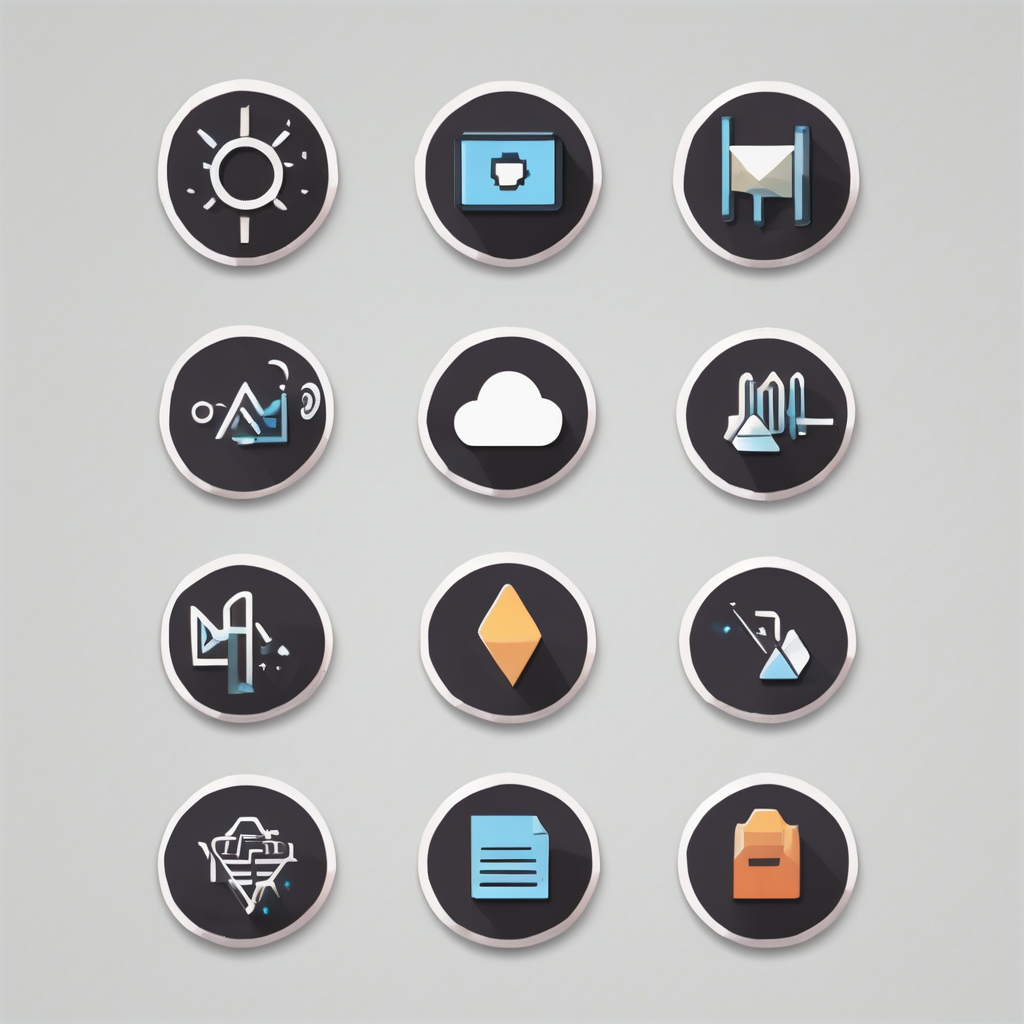Importance of Hydration for Seniors During Heatwaves
Ensuring hydration for seniors is vital, especially during heatwaves. The elderly are particularly susceptible to heat health risks due to a natural decline in thirst sensation and changes in kidney function. These factors make seniors more prone to dehydration which can exacerbate underlying health conditions.
Dehydration in older adults can lead to severe health risks, including urinary tract infections, kidney stones, and even cognitive impairment. Elderly hydration becomes more critical during periods of intense heat because the body’s natural cooling mechanisms weaken with age. Heat exposure can cause their bodies to be less efficient at regulating temperature, increasing the risk of heat exhaustion and heat stroke.
This might interest you : Elevate your spirit: a senior”s comprehensive guide to using aromatherapy for mood boosting and anxiety relief
Seniors must be mindful of their hydration levels to prevent these adverse effects. They should regularly consume fluids even if they don’t feel thirsty. Caregivers can play a crucial role in monitoring and encouraging consistent fluid intake, ensuring older adults stay healthy and safe during the hotter months. Keeping seniors hydrated is not just about drinking water; understanding their unique needs can help mitigate potential health challenges associated with high temperatures.
Expert Tips on Hydration Strategies
Hydration tips for seniors are essential in maintaining well-being, especially during heatwaves. For seniors, the recommended daily fluid intake is generally around 1.5 to 2 litres. However, individual needs may vary based on health conditions and medications.
This might interest you : Essential Safety Tips for Seniors Riding Public Transport: Stay Secure on the Go!
Certain fluids are most beneficial for elderly hydration. Water remains the best choice, but alternatives like herbal teas and diluted fruit juices can also support hydration. Avoid caffeinated or sugary drinks as they may dehydrate rather than hydrate.
Incorporating hydration into daily routines can be seamless with a few healthy hydration habits. Try setting reminders for regular intervals to consume drinking fluids even if there’s no thirst. Using clear or fun water bottles can make the routine engaging, encouraging seniors to meet their fluid goals.
In addition, making these habits part of daily rituals—such as having a set drink with each meal—helps maintain consistency. With a few strategic hydration tips for seniors, staying adequately hydrated becomes manageable even in extreme temperatures.
Foods That Enhance Hydration
Ensuring seniors are well-hydrated can be supported through hydrating foods for seniors. Water-rich foods like cucumbers, watermelon, and strawberries are excellent choices as they are high in water content, aiding hydration. These fruits and vegetables not only boost hydration but also provide essential nutrients.
Electrolytes and minerals play a crucial role in maintaining fluid balance and optimizing hydration. Sodium, potassium, and magnesium found in hydrating foods help manage fluid levels effectively. Including foods high in these electrolytes can support nutrition for hydration in seniors, ensuring they receive a broad spectrum of benefits.
Incorporating water-rich foods into meals can be delightful and straightforward. For instance, you can create easy recipes like a refreshing cucumber salad or a fruit salad combining various water-rich fruits. These dishes not only enhance hydration but are also tasty and appealing for seniors, making them more likely to enjoy them. With the right combination of hydrating foods for seniors and balanced nutrition, seniors can maintain better hydration levels while also enjoying delicious meals.
Cooling Techniques to Combat Heat
Older adults must employ cooling methods for seniors to mitigate heat risks effectively. At home, keeping curtains drawn during peak sunlight hours and using fans or air conditioning can help. Ceiling fans are particularly effective in circulating air and maintaining comfortable temperatures.
Outdoor activity precautions are essential during heatwaves. Seniors should avoid strenuous activities during midday sun, opting for cooler morning or evening times. Wearing light, breathable clothing and wide-brimmed hats adds extra sun protection.
Remaining in air-conditioned spaces is crucial as temperatures climb. This can be residential settings or public places like libraries or shopping centers. Ensuring seniors have access to such locations greatly reduces the risk of heat-related illnesses.
For those without home air conditioning, investing in a portable unit or using a fan with a bowl of ice in front can offer relief. Remember, heat relief strategies are vital; they do not just provide immediate comfort but also prevent heat-related health complications. By prioritising these techniques, seniors can safely navigate hotter climates, maintaining their health and comfort levels.
Addressing Common Health Concerns
During heatwaves, health concerns become prominent among seniors, requiring meticulous attention. Elevated temperatures can worsen existing medical conditions such as cardiovascular disorders, making older adults more vulnerable. Seniors with heart diseases or respiratory problems need extra care, as heat can intensify symptoms, thus demanding swift action.
Medications can also impact heat risks by affecting hydration levels. Diuretics or laxatives, commonly prescribed to seniors, can lead to increased fluid loss. It’s vital for seniors and their caregivers to be aware of these potential side effects and adapt hydration strategies accordingly.
Recognising signs that warrant medical intervention is crucial. Warning signs include persistent dizziness, confusion, or intense headaches, which necessitate immediate consultation with healthcare professionals. Understanding when to seek medical help reduces the likelihood of severe health complications.
In essence, managing medical considerations effectively involves acknowledging the interplay between chronic conditions, medications, and hydration needs. Awareness empowers seniors, helping them remain safe and healthy even during sweltering heat.
Actionable Steps for Caregivers
Ensuring hydration for seniors during heatwaves is crucial. Caregivers play a vital role in assisting elderly hydration, employing practical strategies to support their needs. Monitoring hydration levels can be challenging, but it’s essential for preventing dehydration-related health risks. Start by establishing a consistent hydration plan, including setting reminders to encourage regular fluid intake.
Caregivers can assist by offering various drink options that appeal to seniors. Focus on fluids that aid elderly hydration, such as water, herbal teas, and diluted juices, while steering clear of dehydrating caffeinated drinks.
Here are some strategies to incorporate hydration into daily lives:
- Create a routine where seniors drink water alongside daily activities like meals or medications.
- Use fun or visually appealing water bottles to make the process engaging and enjoyable.
- Keep a log or chart to track fluid intake, providing a visual reminder of progress.
By taking these proactive steps, caregivers can ensure seniors remain hydrated, improving their overall well-being and offering effective solutions to heat health risks. Understanding seniors’ unique needs makes facilitating hydration more structured and successful, safeguarding their health during sweltering temperatures.

